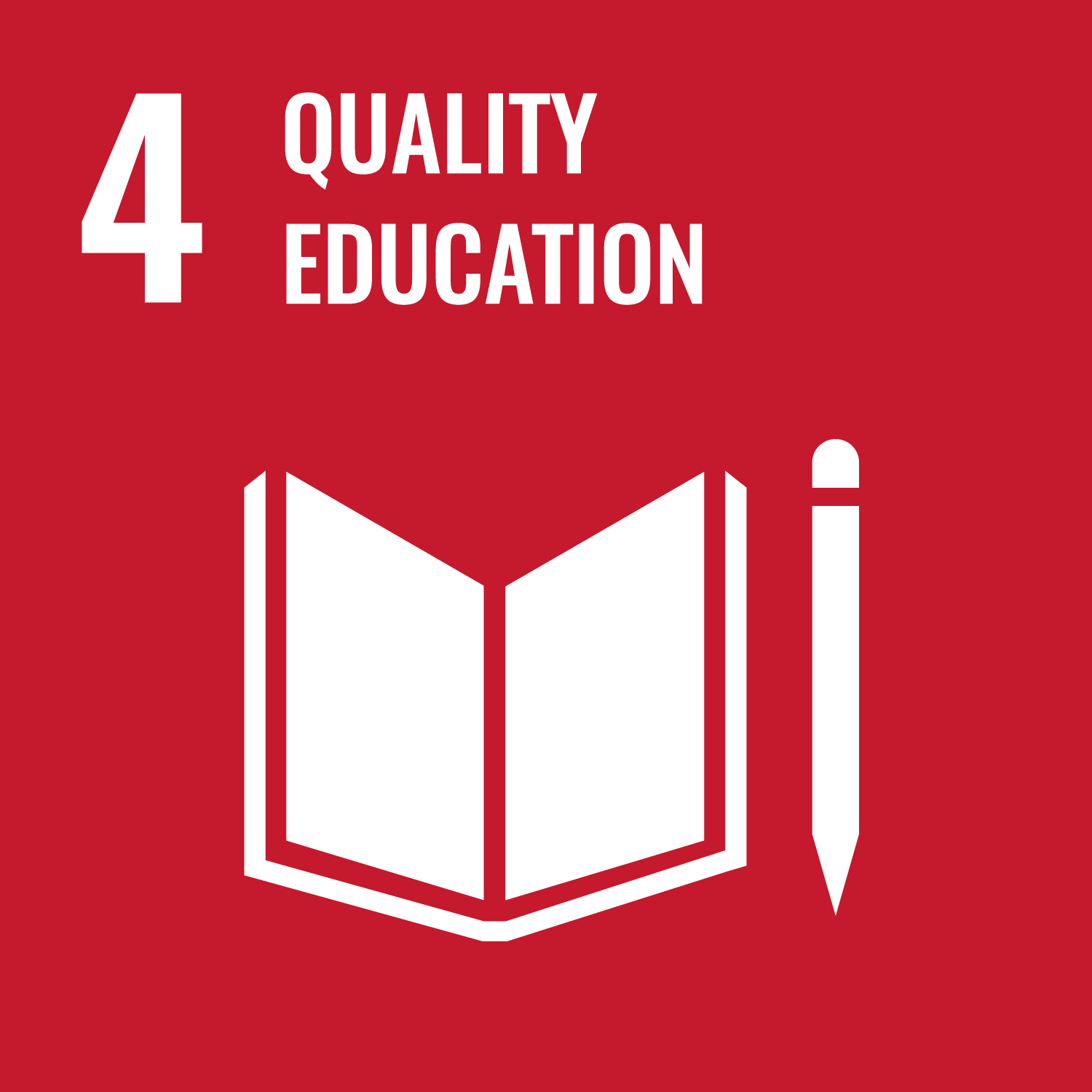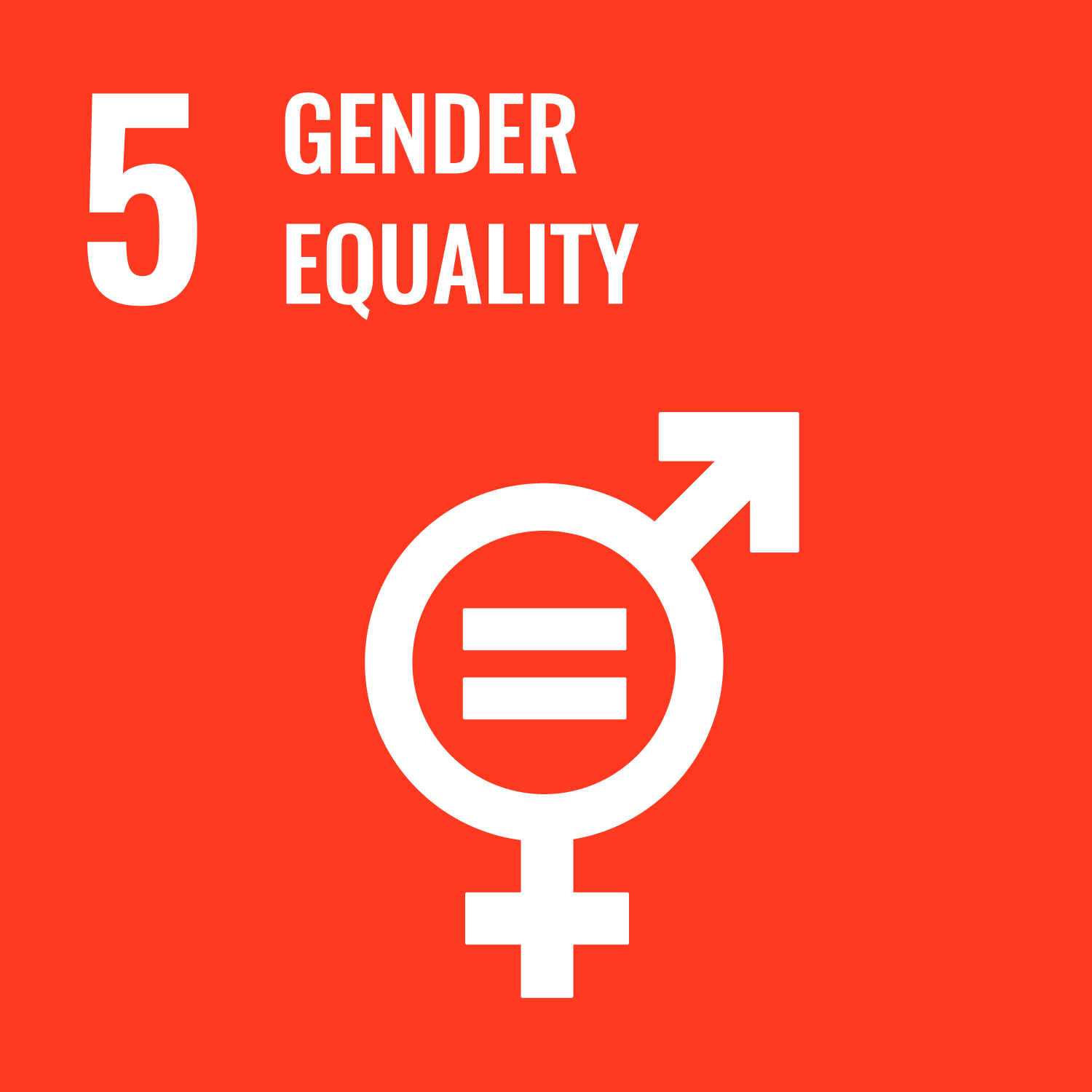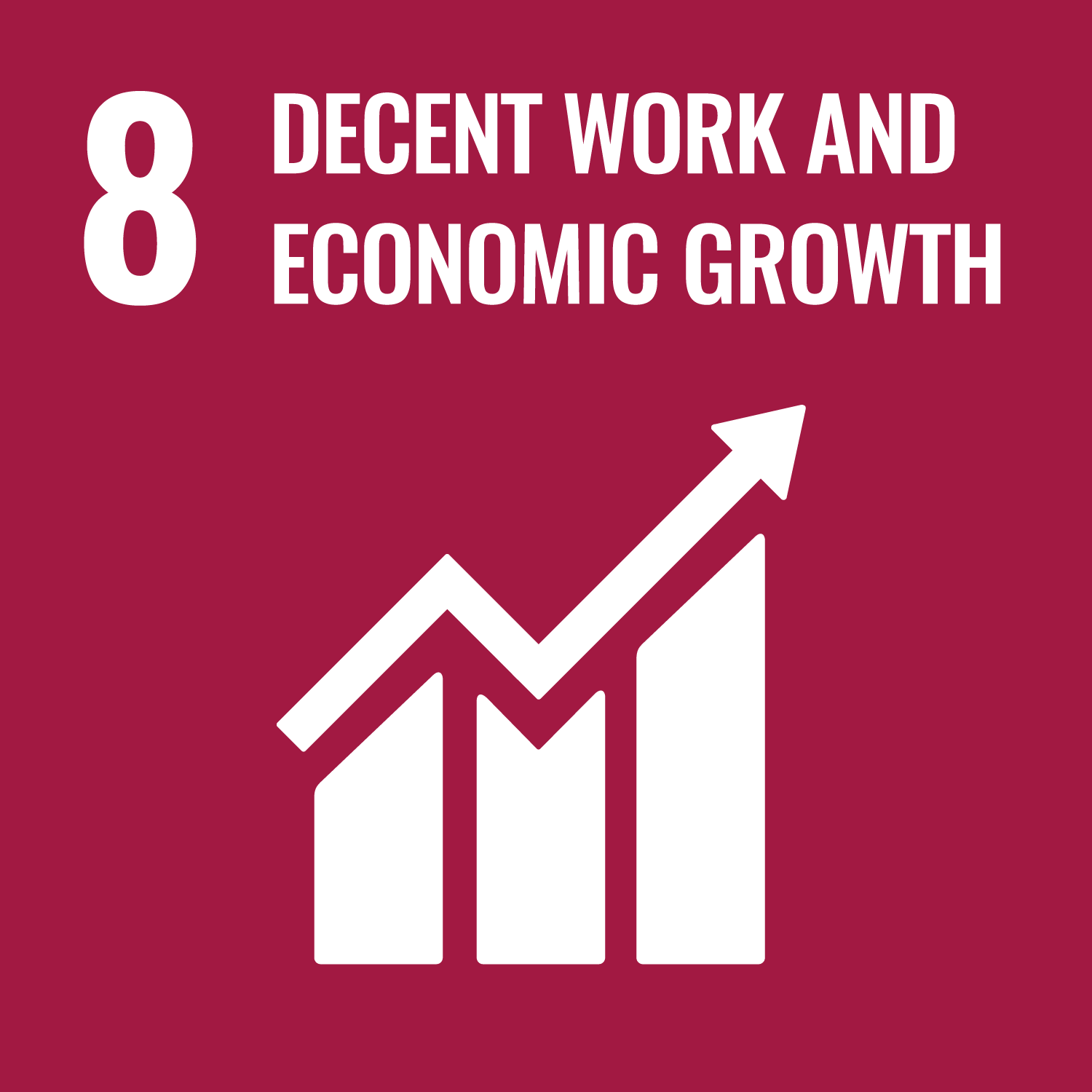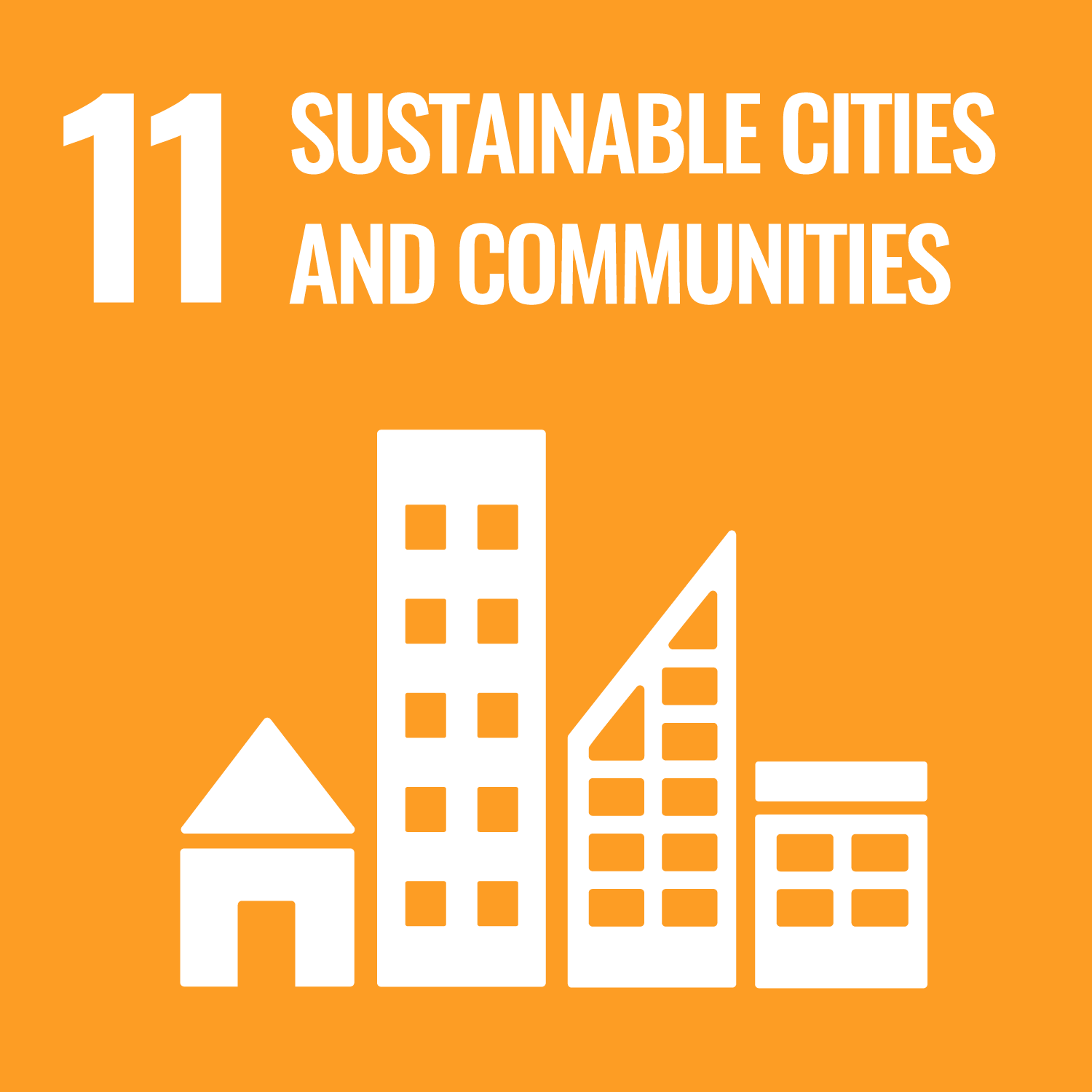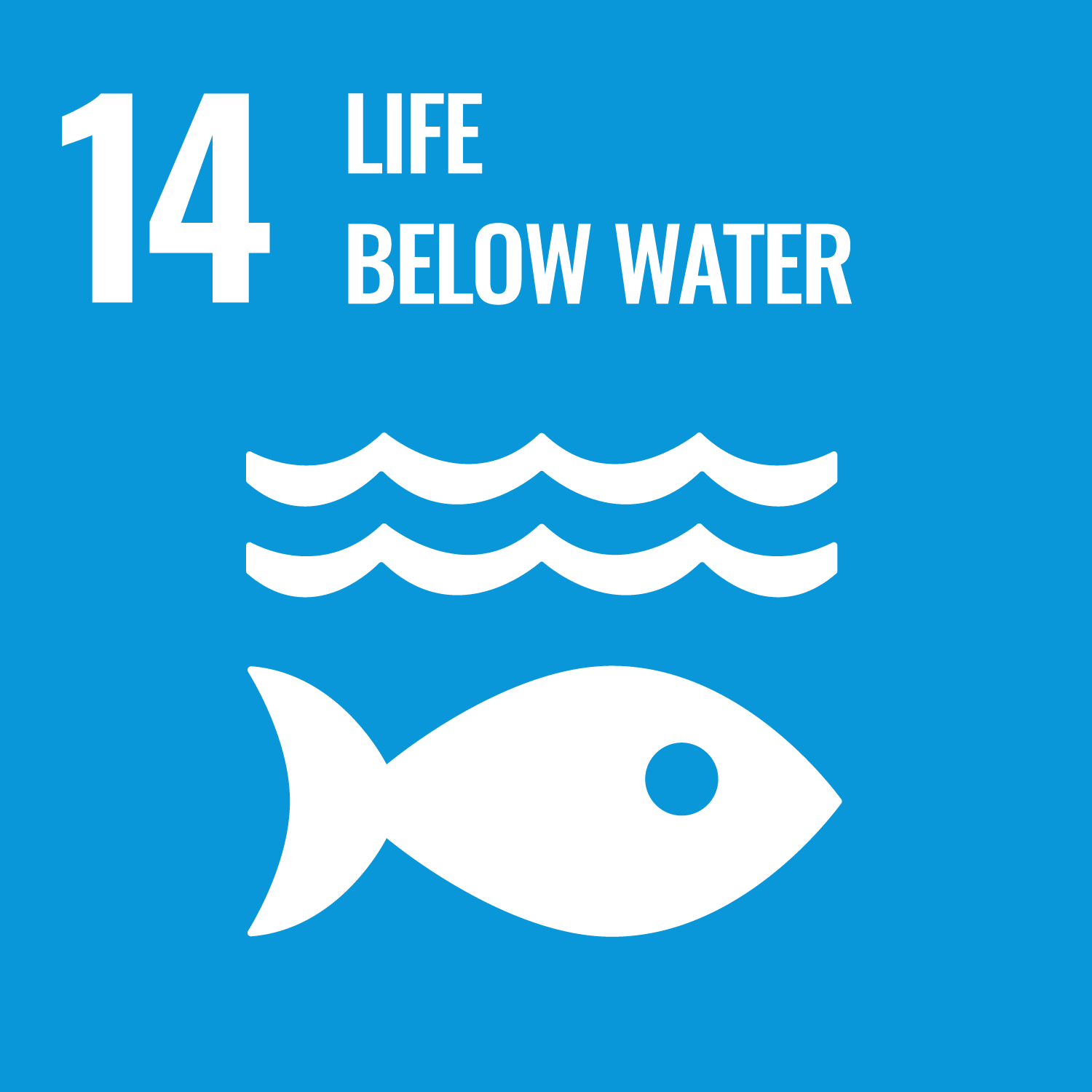Moken Guardians of the Sea: Safeguarding the Ocean from Plastics
Our project aims to reduce marine plastic pollution by collecting Ocean Bound Plastic in southern Thailand in a circular economy approach and supporting local precarious minority. Since April 2019 the Swiss Foundation Jan & Oscar has been running a plastic sorting facility with direct access to the sea in Ranong, allowing fishermen to bring and sell plastic with their long tail boats directly at our pier. We provide education for young students, a place to live, employment and income opportunities for local precarious minorities, of which are the Moken, an ethnic group of semi-nomadic fishing people who live on several islands in the Andaman Sea.


